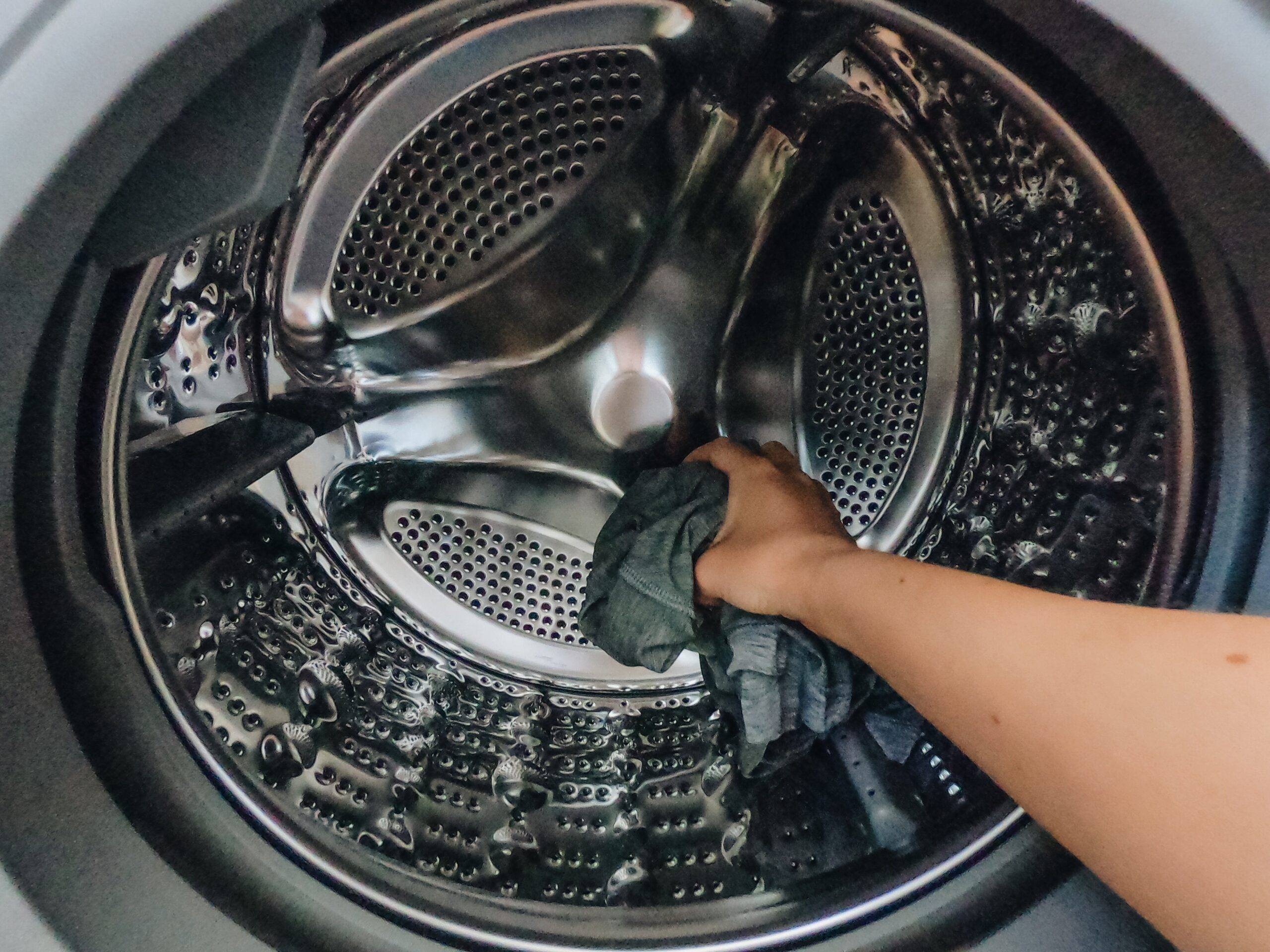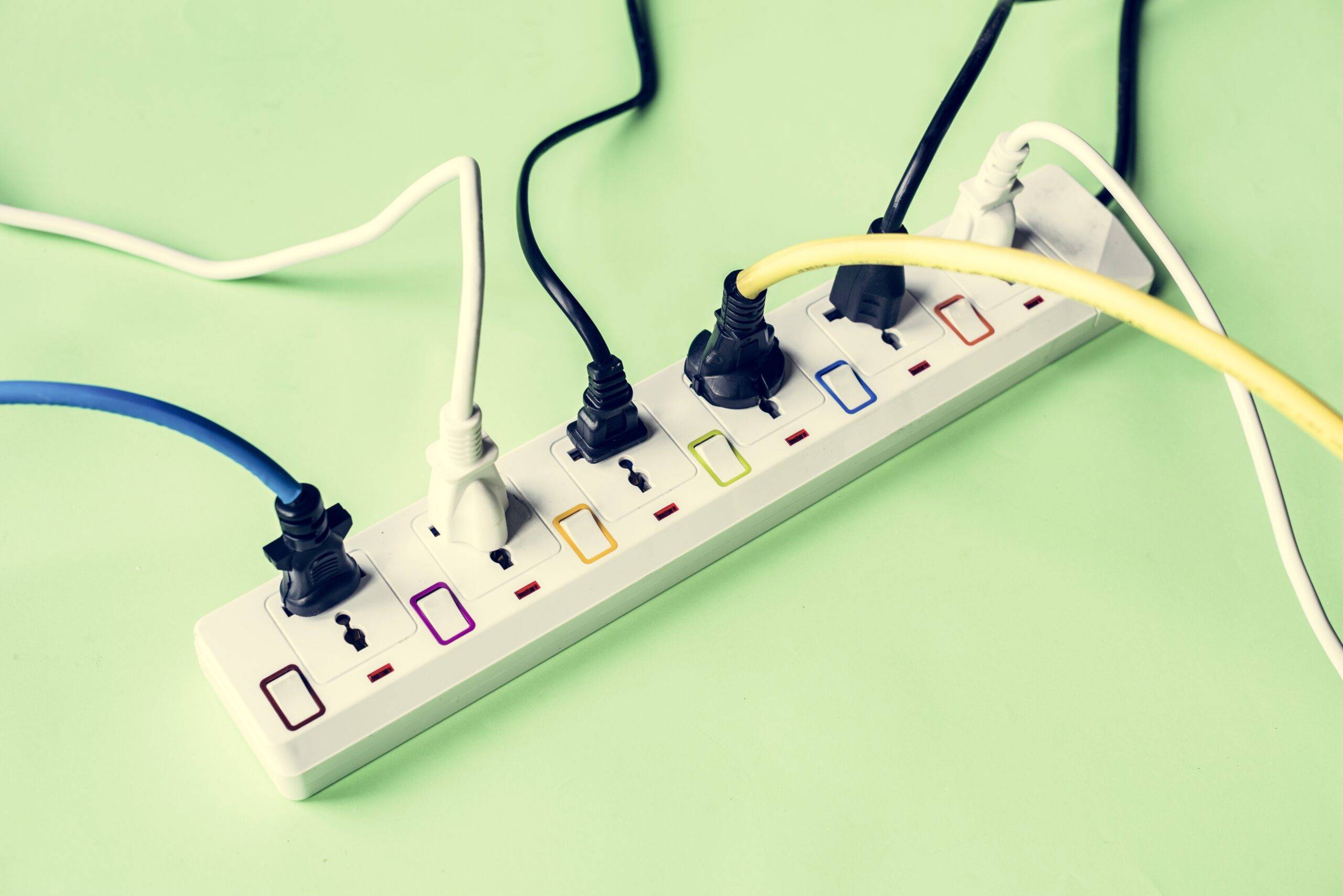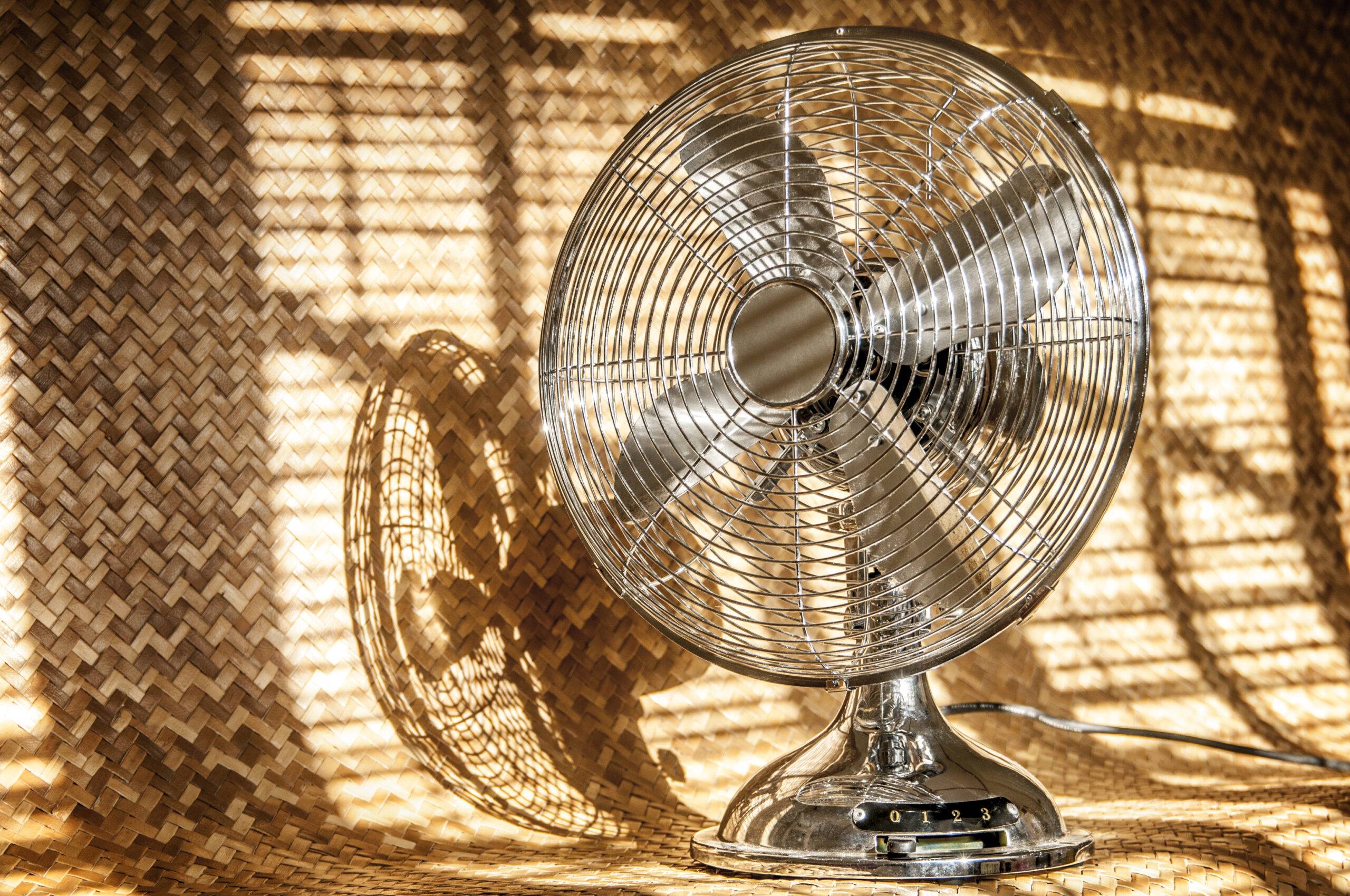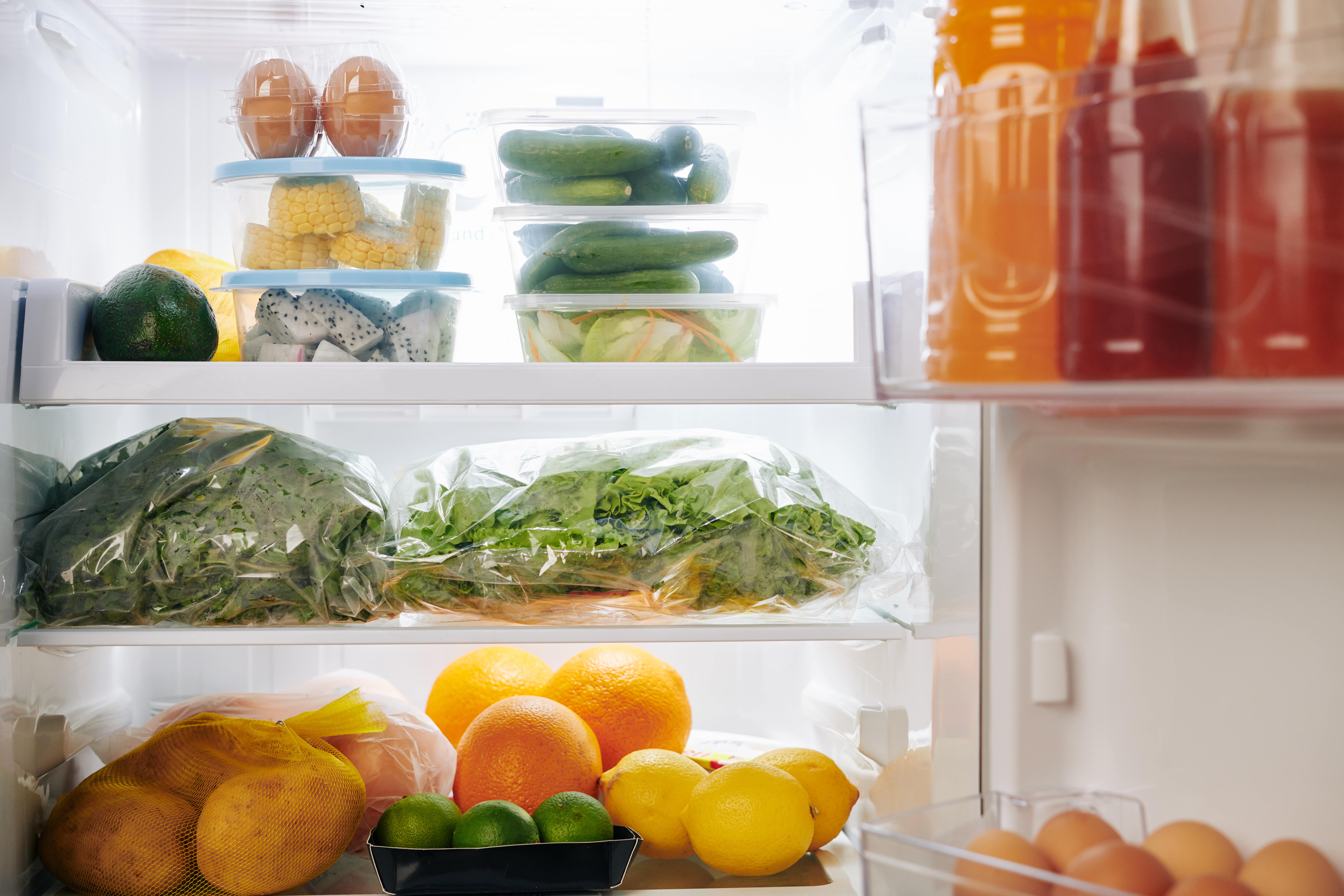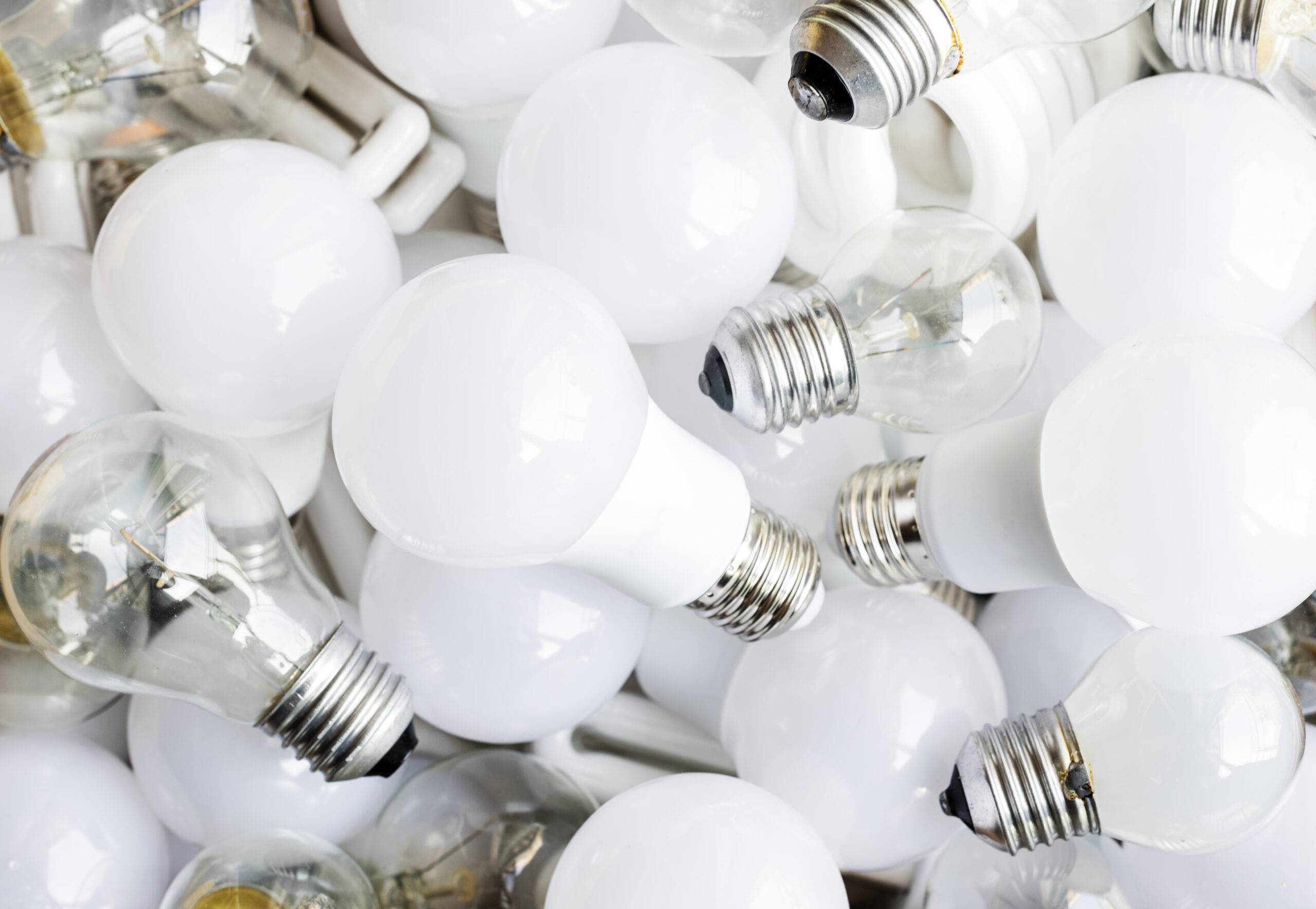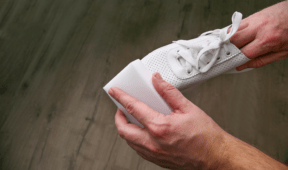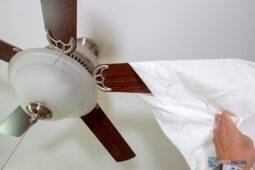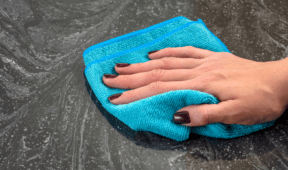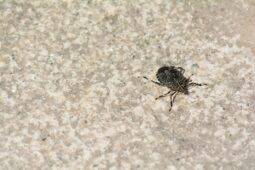Daily Home Habits That Are Costing You Money
We all want to save more and waste less, but oftentimes we have expensive, wasteful habits we don’t even realize. These are simple habits that seem harmless (if a little annoying sometimes) on their face, but they slowly eat into your monthly budget. Here are six common habits worth rethinking and how to fix them without turning your routine upside down.
Running Appliances Half-Empty
It’s easy to throw a quick load into the dishwasher or washing machine without waiting for it to fill up. It feels like it saves time, but it definitely doesn’t save money. You use the same amount of water and energy either way, and over time, that adds up. Wait until you have a full load to run either appliance, or at least adjust the cycle settings if your machine allows it. If you run a half-full machine even just once a week, you could be wasting dozens of gallons of water (and the cost that comes with that) every month.
Never Unplugging Anything
Devices and appliances left plugged in, even when they’re turned off, still draw power. This includes coffee makers, TVs, game consoles, and even phone chargers. It’s not always a huge pull of electricity, but it’s constant, and that makes a difference on your power bill over time. Use power strips or just get in the habit of unplugging items you don’t use daily. It’s one of the simplest ways to cut down on wasted energy without changing how you live.
Overusing Personal Heaters or Fans
We all want to be comfortable, but small personal heaters or fans can be huge power hogs. It’s easy to leave them running longer than needed, as even when we’re not in a room we’d like it to stay cool/warm for when we return. These appliances usually don’t regulate themselves well, so they keep using energy even if the room’s already at a good temperature. If you rely on these for comfort, set a timer or use them only while you’re actively in the same space.
Letting Food Expire in the Fridge
It’s not just food waste, it’s money waste! A packed fridge may feel comforting, but if things get pushed to the back, forgotten, and then spoiled, you’re essentially tossing money in the trash. You’re also making your fridge work harder to keep everything cool, which increases the amount of energy it uses. Do a quick scan of your fridge every few days and plan meals around what’s already in there. It’s better for the planet and your wallet!
Using the Wrong Lightbulbs
It might not seem like a big deal, but sticking to old incandescent bulbs in your lamps and light fixtures is a small habit that costs you every day. LED bulbs use far less energy and last much longer. Even switching out one or two in rooms where lights stay on longer, like the kitchen or living room, can help you cut costs. Once they’re in, you don’t have to think about them again for years.
Related Articles
- Save Money on Your Energy Bills with These Simple Home Upgrades
- Gas Pump Habits That Could Be Draining Your Wallet
- 10 Small Habits That Could Be Harming Your Home
You don’t have to change everything about your life at once. Just noticing where money might be slipping through the cracks is a good place to start. These small habits are easy to overlook, but they matter. Try tweaking just one or two this week and keep going as it gets easier. Over time, these little changes will make a real difference, not just in your bills, but in how your home runs overall.

